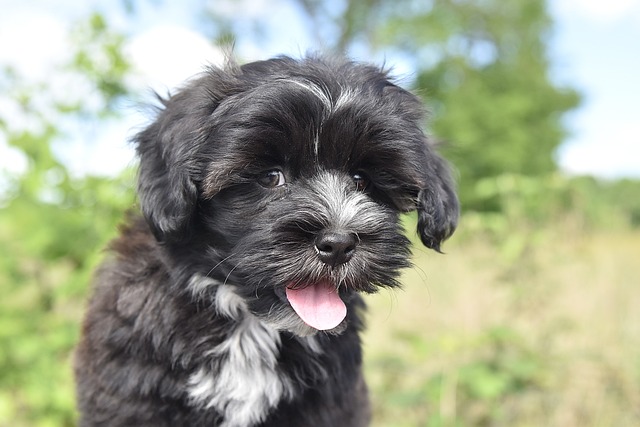
How do i train my dog to be obedient?
Watching your dog dart across the park ignoring your calls isn’t just frustrating—it can put them at risk near busy streets or public spaces.
Picture this: Your Bichon Frise just chewed through your favorite slipper, and frustration bubbles up. But before you reach for traditional punishment methods, understand that these fluffy companions respond differently than you might expect. Bichons thrive on positive interactions, and the "punishments" that truly scare them have less to do with physical correction and everything to do with emotional disconnection.
Unlike some breeds, Bichon Frises don't react well to harsh scolding or isolation. Yelling might make them cower in the moment, but it often leads to long-term anxiety and trust issues. Similarly, locking them in a crate for extended periods as "punishment" can trigger panic attacks, especially in a breed prone to separation anxiety. These methods violate the basic tenet of modern dog training: building a relationship based on mutual respect, not fear.
 The punishment that truly terrifies a Bichon is the withdrawal of affection. These social butterflies live for belly rubs, playtime, and snuggles on the couch. Ignoring them after a misstep sends a powerful message that can damage your bond. Even worse, withholding daily walks or play sessions—activities crucial for their mental and physical health—can turn a well-behaved pup into a destructive ball of pent-up energy.
The punishment that truly terrifies a Bichon is the withdrawal of affection. These social butterflies live for belly rubs, playtime, and snuggles on the couch. Ignoring them after a misstep sends a powerful message that can damage your bond. Even worse, withholding daily walks or play sessions—activities crucial for their mental and physical health—can turn a well-behaved pup into a destructive ball of pent-up energy.
It's important to note that punitive measures not only harm your pet but may also violate local animal welfare laws in many regions. Most countries now recognize that positive reinforcement training—rewarding good behavior instead of punishing bad—is the most humane and effective approach. This aligns with international standards for responsible pet ownership, ensuring you stay on the right side of both ethics and legality.
Instead of punishment, redirect your Bichon's behavior. If they chew furniture, offer them a designated chew toy and praise when they use it. For potty training accidents, clean the mess calmly and take them outside more frequently. Remember, Bichons are eager to please, and consistent positive feedback will reinforce the behaviors you want to see.
When raising a Bichon Frise, think of yourself as a guide rather than an enforcer. By replacing fear-based tactics with patience and positive interactions, you'll create a harmonious home where your furry friend feels safe, loved, and happy. After all, the best reward for any dog parent is watching their Bichon wag their tail with pure joy—and that's something no punishment could ever replace.

Watching your dog dart across the park ignoring your calls isn’t just frustrating—it can put them at risk near busy streets or public spaces.

New puppy owners often find themselves rushing to clean up accidents before they set in, and that’s where puppy pad training becomes a game-changer.

If you've noticed your dog's waistline disappearing and your veterinarian has mentioned those few extra pounds, your first instinct might be to simply reduce the amount of food in their bowl.

Training a dog to use a designated spot indoors isn’t as daunting as many new owners fear, but it does take consistency and an understanding of your pet’s needs.

That moment of dread on a walk is all too familiar for many new dog owners. You see another dog approaching down the sidewalk of your neighborhood

If the sight of another dog on your neighborhood walk makes your heart sink as your own dog erupts into a frenzy of barking and lunging, you're not alone.